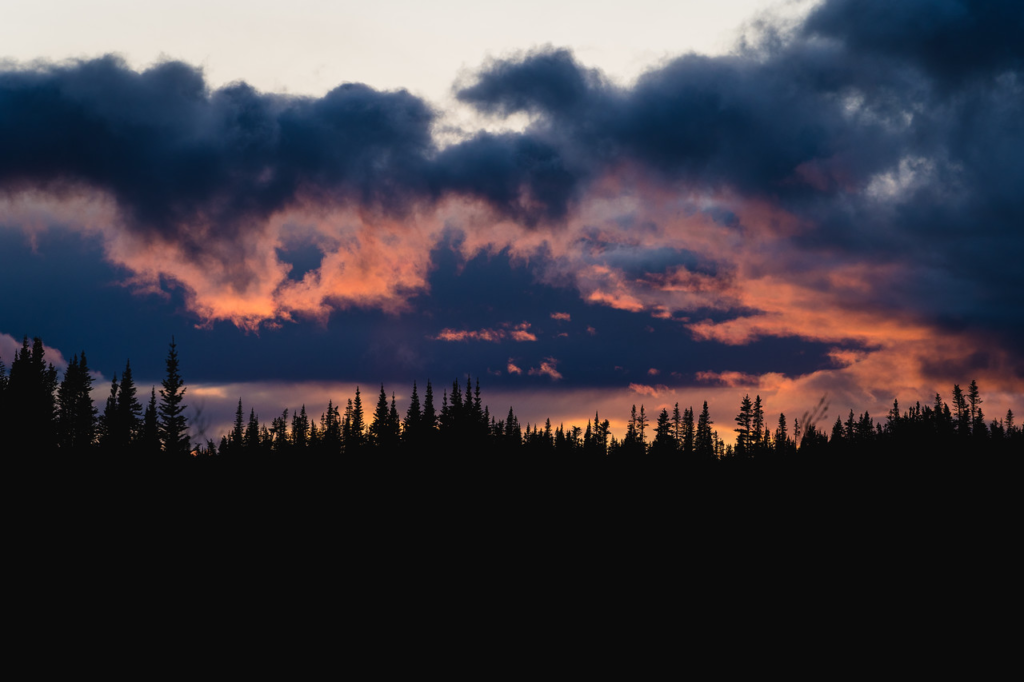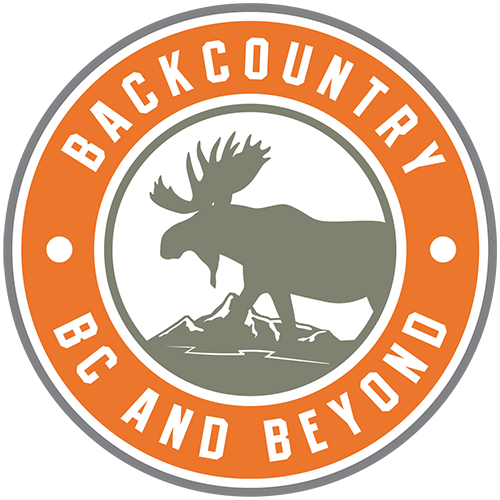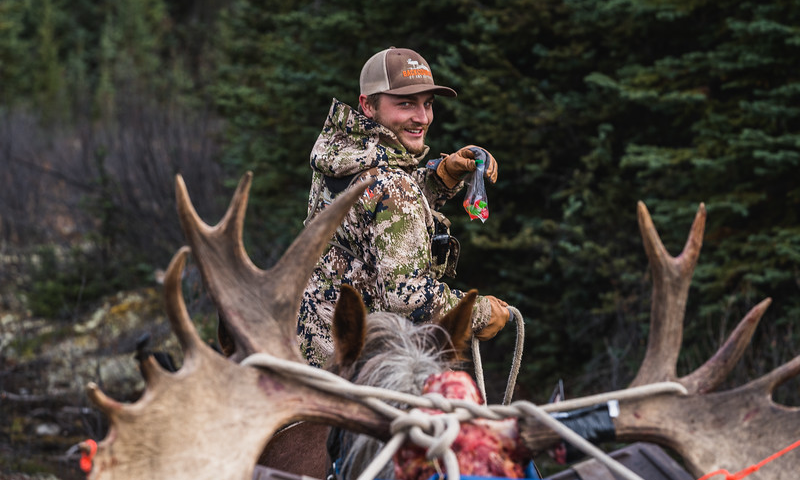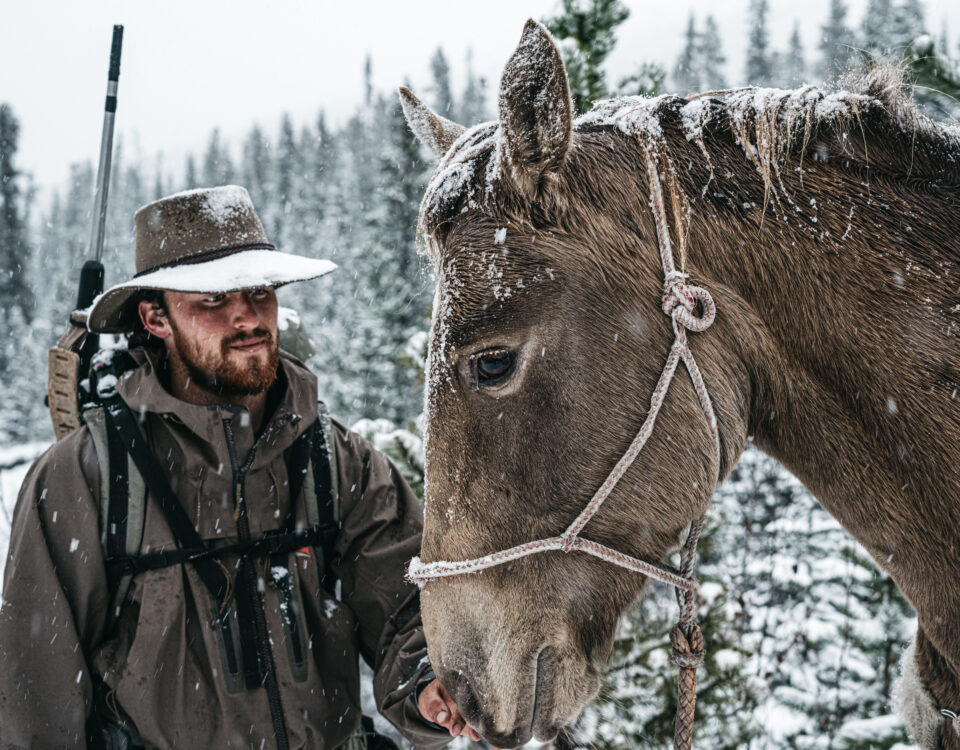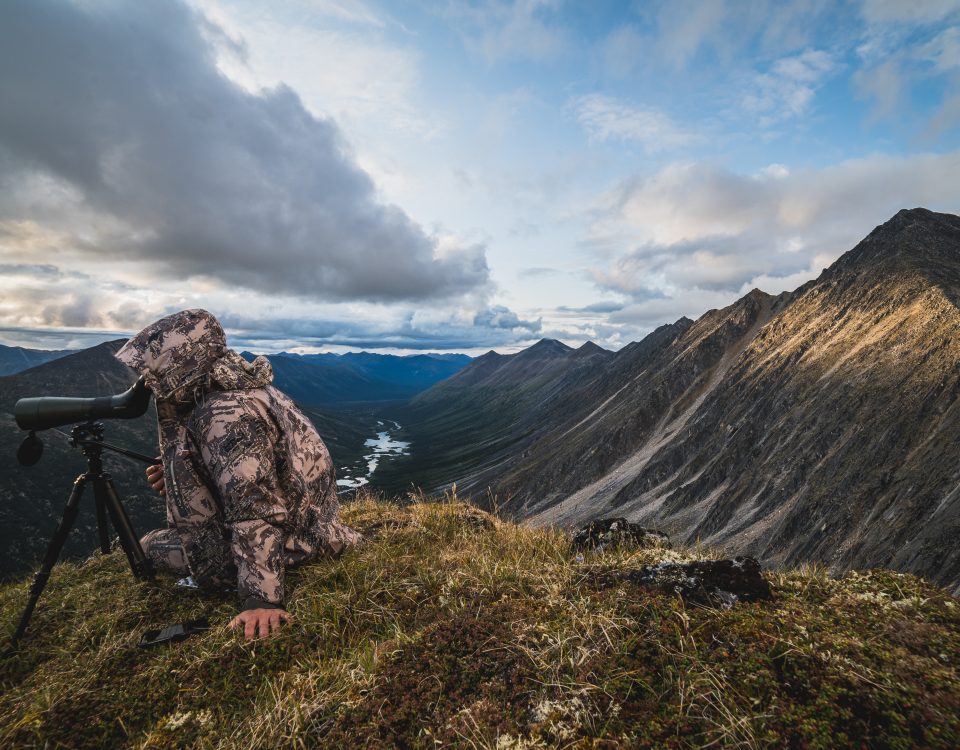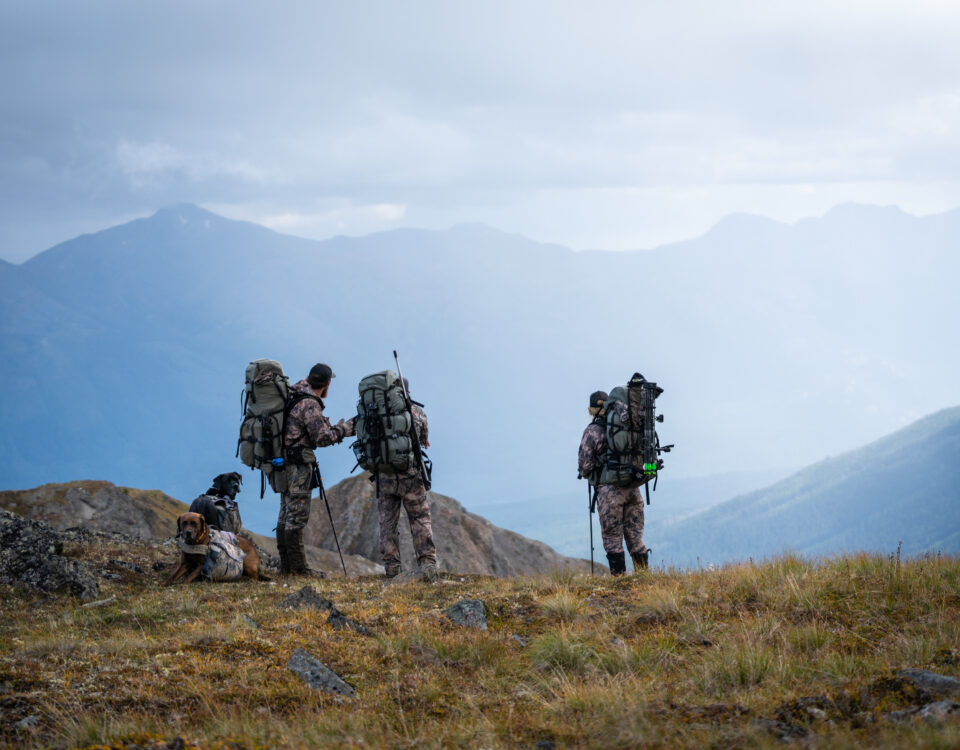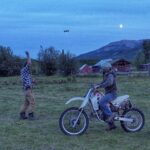
Evel Kenievel Vs Doctor Drone- If You Ain’t First, You’re Last
May 11, 2020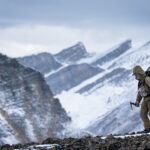
Authentically Living And Torture Testing Through The Last Decade
May 15, 2020There are many unsung heroes of the outfitting industry that make running an operation smooth. Guides, cooks, skinners, pilots, wranglers, and other various helpers are the foundation for an area’s crew before a client even steps foot in the concession. When you add the use of horses, you add on to the work load, but you also add on the help with the weight they are able to carry and the transportation that they bring through uncharted game trails and vast wilderness. For an outfit that uses horses, having crew that is competent with our equine friends is absolutely essential.
 A wrangler is usually the first to get up, and the last one to go to bed. Long before the sun has even started to poke its head out over the horizon, a wranglers day has already begun. In the crisp fall mornings they are busy getting the fires started and boots pulled on before they head down the trail in search of their horse string. You’ve got to be able to track the horses when they are too far off to hear the bells on their necks; for hobbled patrons, they can sure learn to cover some ground with two feet together. You’ve got to learn who the lead horse is and getting them rounded up and headed back to camp by headlamp light. Once back at camp the day’s need for any riding horses or pack string are caught, brushed and saddled. Familiarizing yourself with a routine of checking over your four legged crew for any injuries becomes like second nature as you get to know each horse or mule, and developing a keen eye for doctoring any that have come up lame helps keep everyone in good condition. Rotating your use of each steed helps ensure that each horse is pulling an equal shift. This makes for a happy herd and balanced days of rest during the long season for our equine friends. But a wrangler’s work doesn’t end here. You have to learn to be a ‘jack-of-all-trades’. Saw work, firewood, mending tack, working with horses, building or repairing infrastructure around camp, sharing in the cooking when the guides are out long into the evening and assisting in looking for game barely scratches the surface on what you can expect to learn as a wrangler.
A wrangler is usually the first to get up, and the last one to go to bed. Long before the sun has even started to poke its head out over the horizon, a wranglers day has already begun. In the crisp fall mornings they are busy getting the fires started and boots pulled on before they head down the trail in search of their horse string. You’ve got to be able to track the horses when they are too far off to hear the bells on their necks; for hobbled patrons, they can sure learn to cover some ground with two feet together. You’ve got to learn who the lead horse is and getting them rounded up and headed back to camp by headlamp light. Once back at camp the day’s need for any riding horses or pack string are caught, brushed and saddled. Familiarizing yourself with a routine of checking over your four legged crew for any injuries becomes like second nature as you get to know each horse or mule, and developing a keen eye for doctoring any that have come up lame helps keep everyone in good condition. Rotating your use of each steed helps ensure that each horse is pulling an equal shift. This makes for a happy herd and balanced days of rest during the long season for our equine friends. But a wrangler’s work doesn’t end here. You have to learn to be a ‘jack-of-all-trades’. Saw work, firewood, mending tack, working with horses, building or repairing infrastructure around camp, sharing in the cooking when the guides are out long into the evening and assisting in looking for game barely scratches the surface on what you can expect to learn as a wrangler.
This week we had the opportunity to follow Owen Blackmore around with videographer Nick Marchiando as Owen walked us through a standard morning as a wrangler for Backcountry BC And Beyond. If you missed the video, you can find it on our YouTube Channel, a Wrangler’s Morning. We caught up with how Owen first got involved with us, some of his hot tips on what gear he couldn’t live without, and what coming to the mountains means to him.
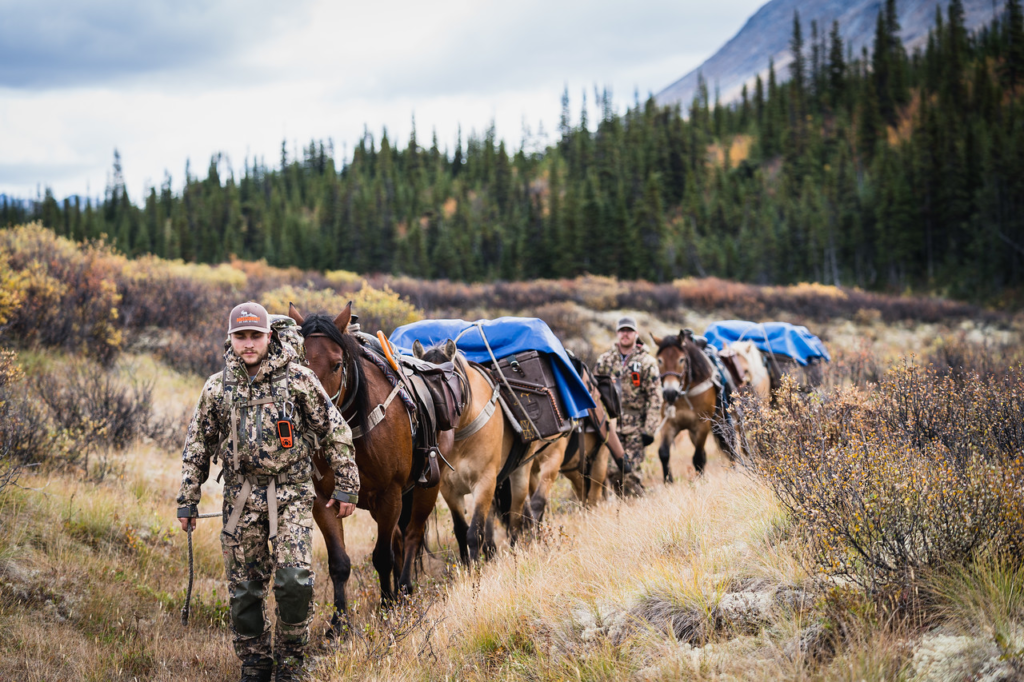
“I’m Owen Blackmore, a wrangler for Backcountry BC and Beyond. I grew up around horses, and have always loved riding and camping. I also enjoy dirt-biking (bit more horsepower and no mind of its own), and hunting. Dustin and I first met playing hockey and quickly learned not only did we both share the same passion for playing hockey but we both loved to hunt as well. I had no idea Dustin was an outfitter and had over 100 sheep kills under his belt! We had about a 4 hour chat one night after a hockey game. Sharing pictures, videos and epic hunting adventures. Needless to say he quickly became my idol! I asked him about the possiblity of coming north to wrangle horses and to learn the ropes… the next thing I knew I was on a plane bound for Whitehorse!”


“Probably one of the most important aspects of being a wrangler, especially for those with very little experience, would be to come to the mountains with a very open mind and be willing to learn. You can never know too many knots or different techniques. Whether you’re ponying horses or just clearing trail it’s super important to always listen to ideas from the other guides, hunters or wranglers. Also, I’d say having a pretty good understanding of how to operate and repair a chainsaw is very important for a wrangler to know. And that’s not only for your own safety, but because there’s always plenty of work to be done around camp and on the trails using a saw.”

“As a wrangler, there are three pieces of gear every wrangler should have. Rain gear and a full clothing system kind of go without saying. A good quality headlamp is really important. I also really enjoyed having a jetboil with me, it was nice to be able to have a coffee, noodles, or something to warm up whenever needed. And last but not least, a deck of cards, crib board, or chess board. Something to keep yourself and others entertained while glassing and hanging out around camp.”




“There really isn’t anywhere like northern British Columbia. Nothing quite like being disconnected from social media and living in a tent or cabin. The experience is absolutely incredible and I’d definitely recommend giving it a try if it sounds like something you’d be into.”
It takes a team to make everything run smoothly. It takes patience, persistence, and most of all the willingness to learn to run an area. When everyone is sharing the work load, the ride becomes all the more fun. One thing we definitely can’t compromise though is the gear we wear. We spend endless days out of doors, and in less than ideal circumstances. Tomorrow we are joining forces with Sitka Gear to help promote the systems that have worked for us, and for Dustin Roe. His adventures have taken him all of the world, as well as the wilds of his own backyard that have demanded the best gear for the worst weather situations. You won’t want to miss out on this one.
-The Team at Backcountry BC And Beyond
